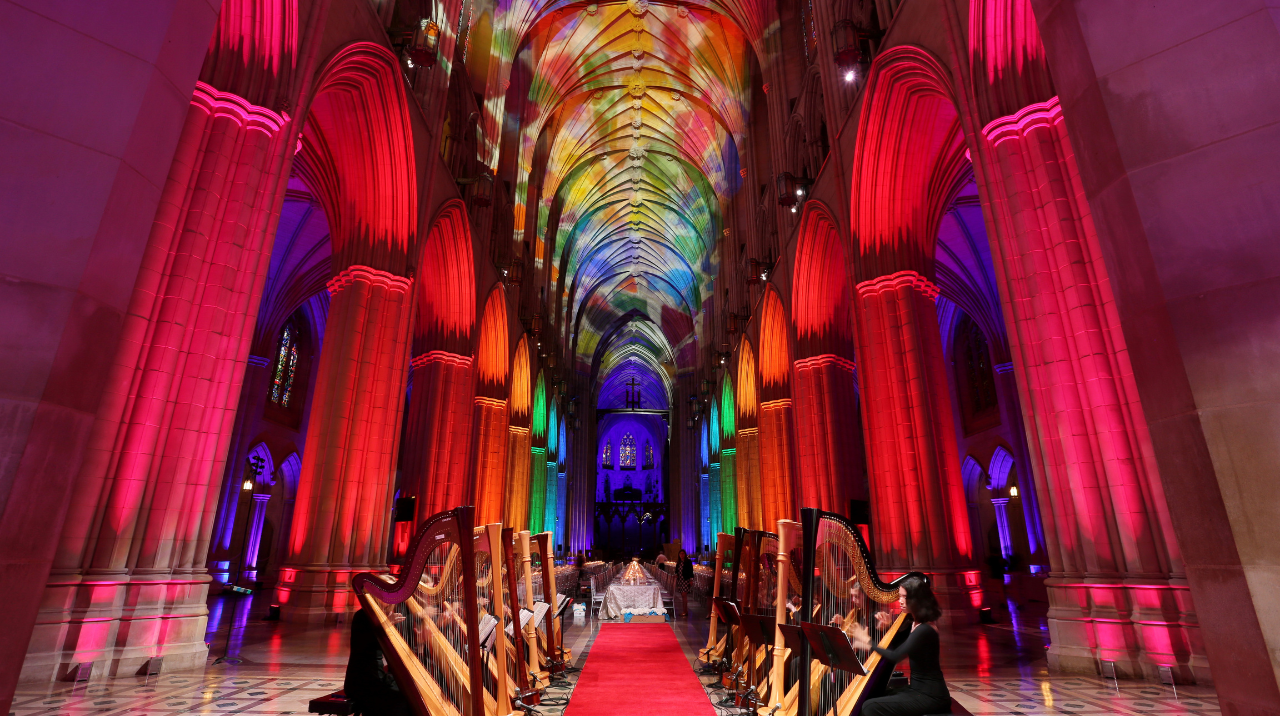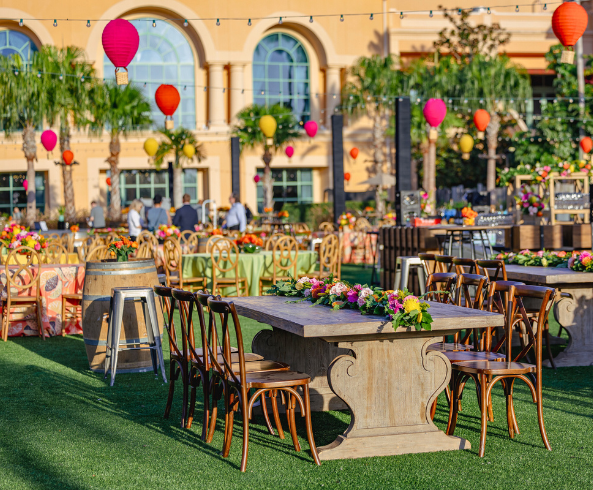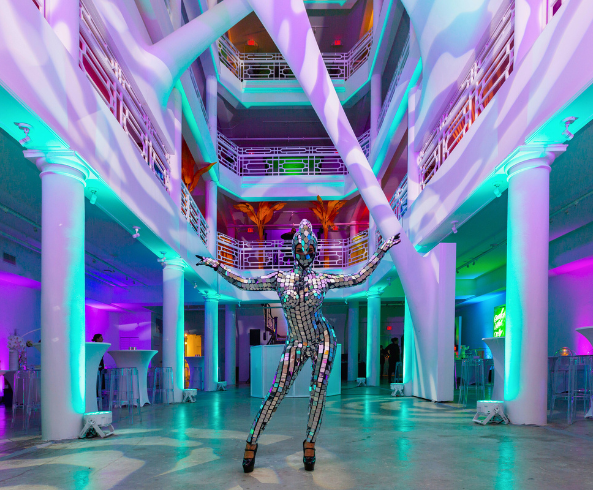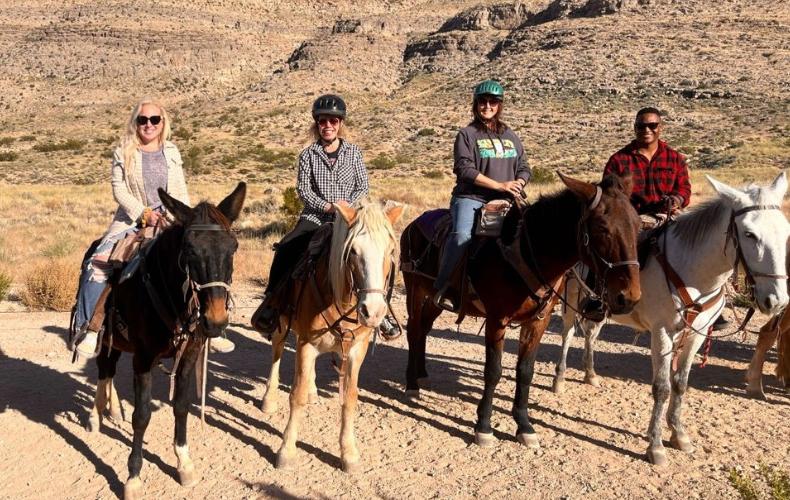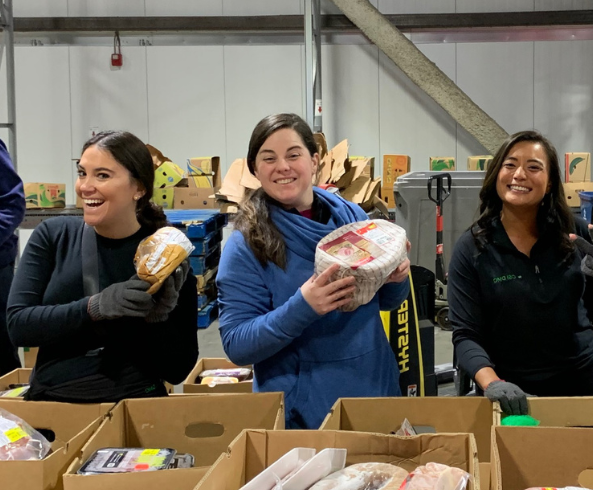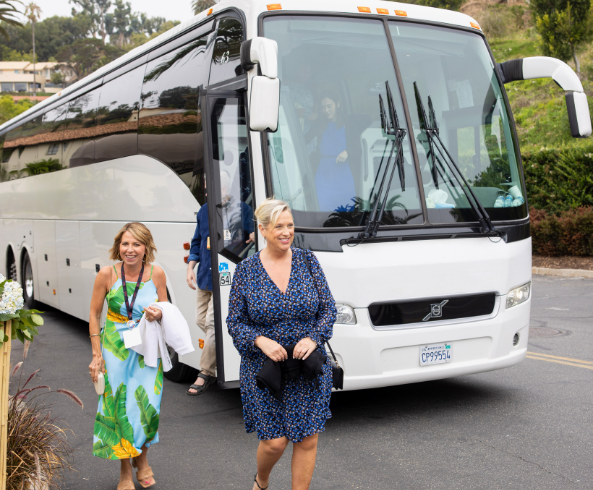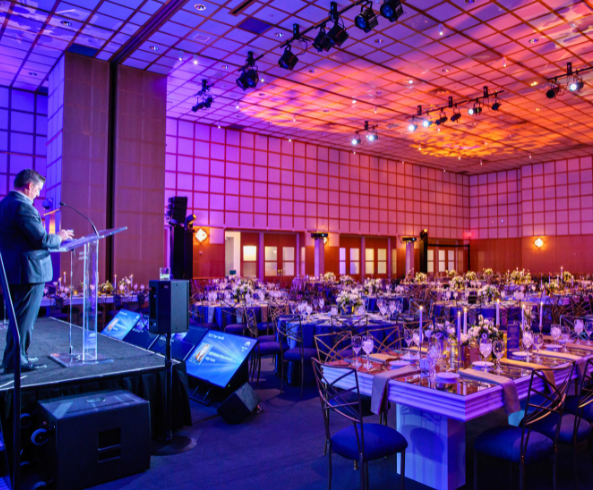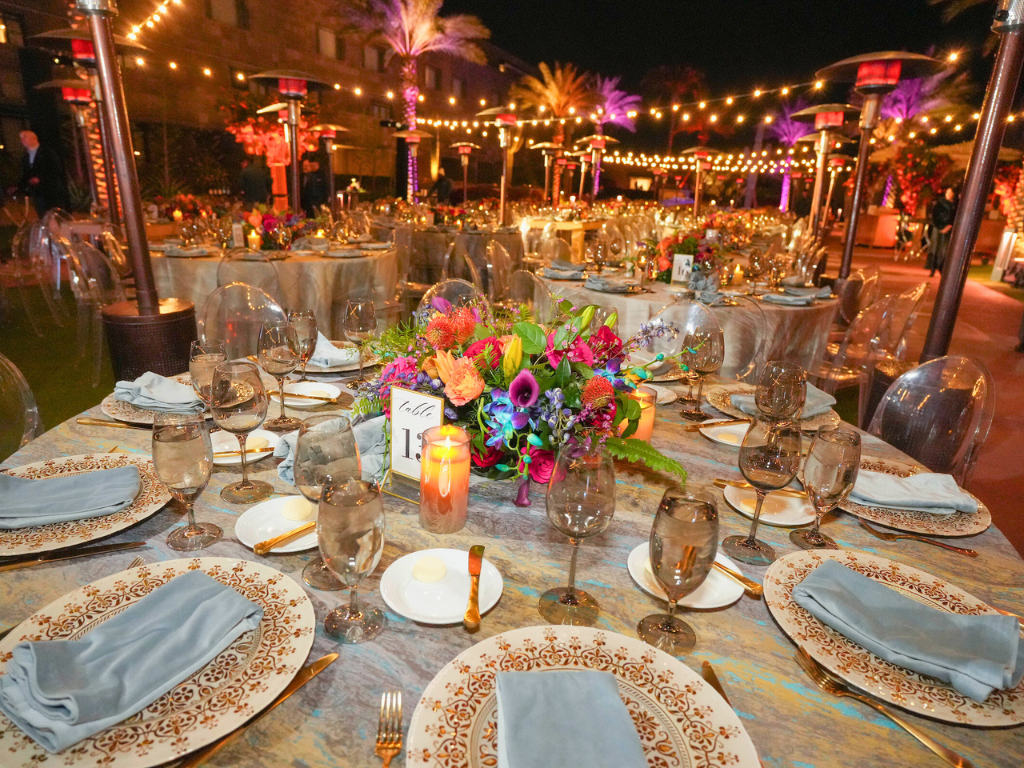Have you ever been in a meeting and realized mid-way through that you don’t actually know what is being discussed? Confused by strings of letters and nicknames but it’s too late to say anything? You’re not alone. In the destination and event management industry, we use many acronyms and specialized vocabulary to explain concepts and ideas. We want to make sure you are never left in the dark. This article covers commonly used words that we think everyone should know but is by no means all of them.
Before we get started, below are key industry terms to differentiate between the various kinds of event planners:
CSI DMC is a Destination Management Company (DMC), meaning we provide planning and logistical expertise in a given destination. We are happy to say that many of our employees are also CMPs (Certified Meeting Professionals) or DMCPs (Destination Management Certified Professionals), establishing them as highly qualified individuals within our field.
Another type of planning company is third parties, who outsource to other meeting and event planners. To use an example, a third party may contact a Destination Management Company to execute their client’s program in a specific city.
The last event planner we will discuss is meeting management companies, who represent other organizations with handling site selections, negotiations, turnkey support for the event, etc.
Lastly, a major component to helping any of the above businesses prosper are the Convention Visitor Bureaus (CVB), who are in charge of promoting a destination and its unique excellence to attract more tourists and visitors!
THE PROPOSAL
Often, a client will send us a Request For Proposal (RFP) that outlines all details of a program from date to guest demographics to services required. From here, we design a proposal to showcase creative offerings in a stylized document.
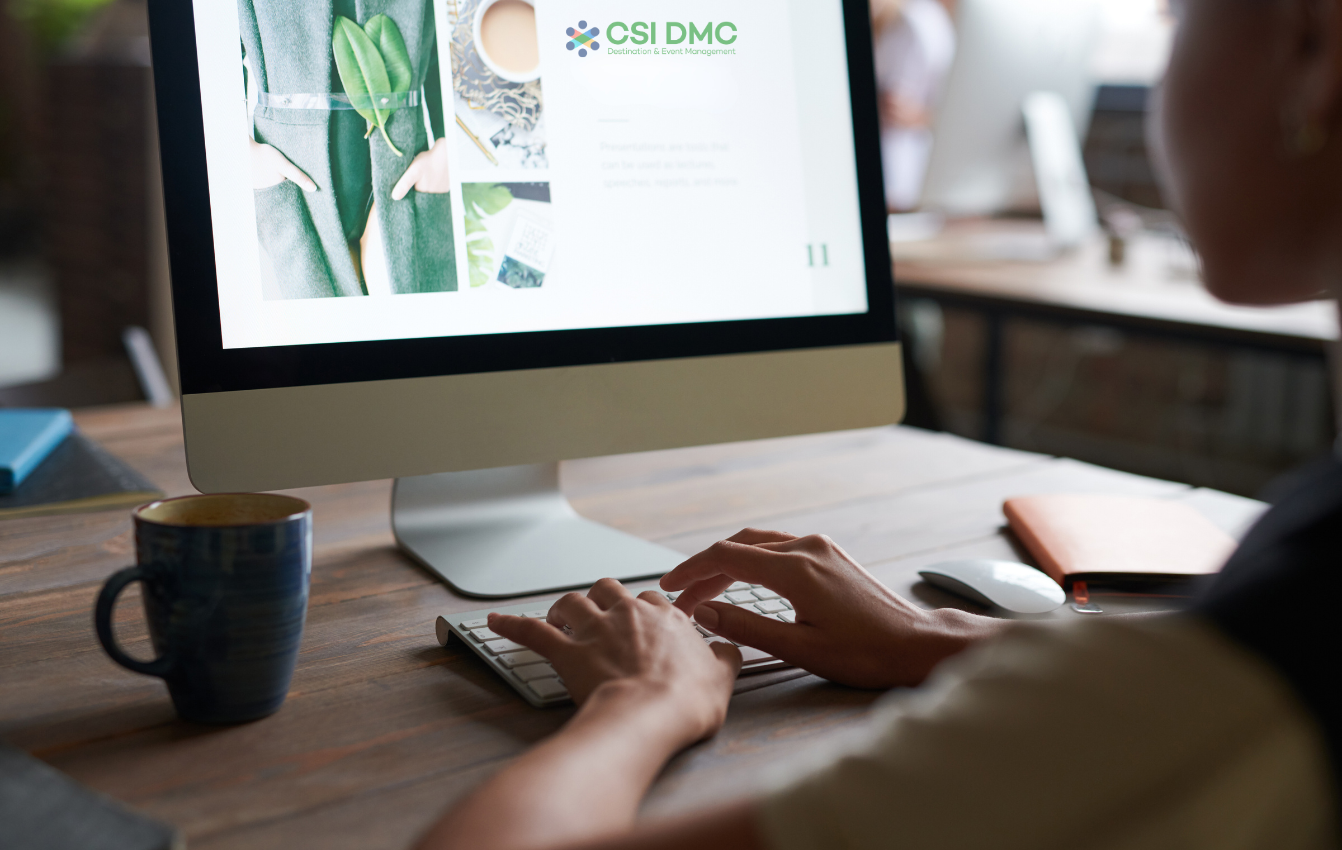
SUGGESTED PROGRAM COMPONENTS
Items that clients request to see within a proposal vastly vary. For example, many request dine-around options (reserving a number of restaurants within a destination under one bill). Other clients want to see suggested venues, entertainment, and themes for a reception (a social function where beverages and light food are served.)
SITE VISITS
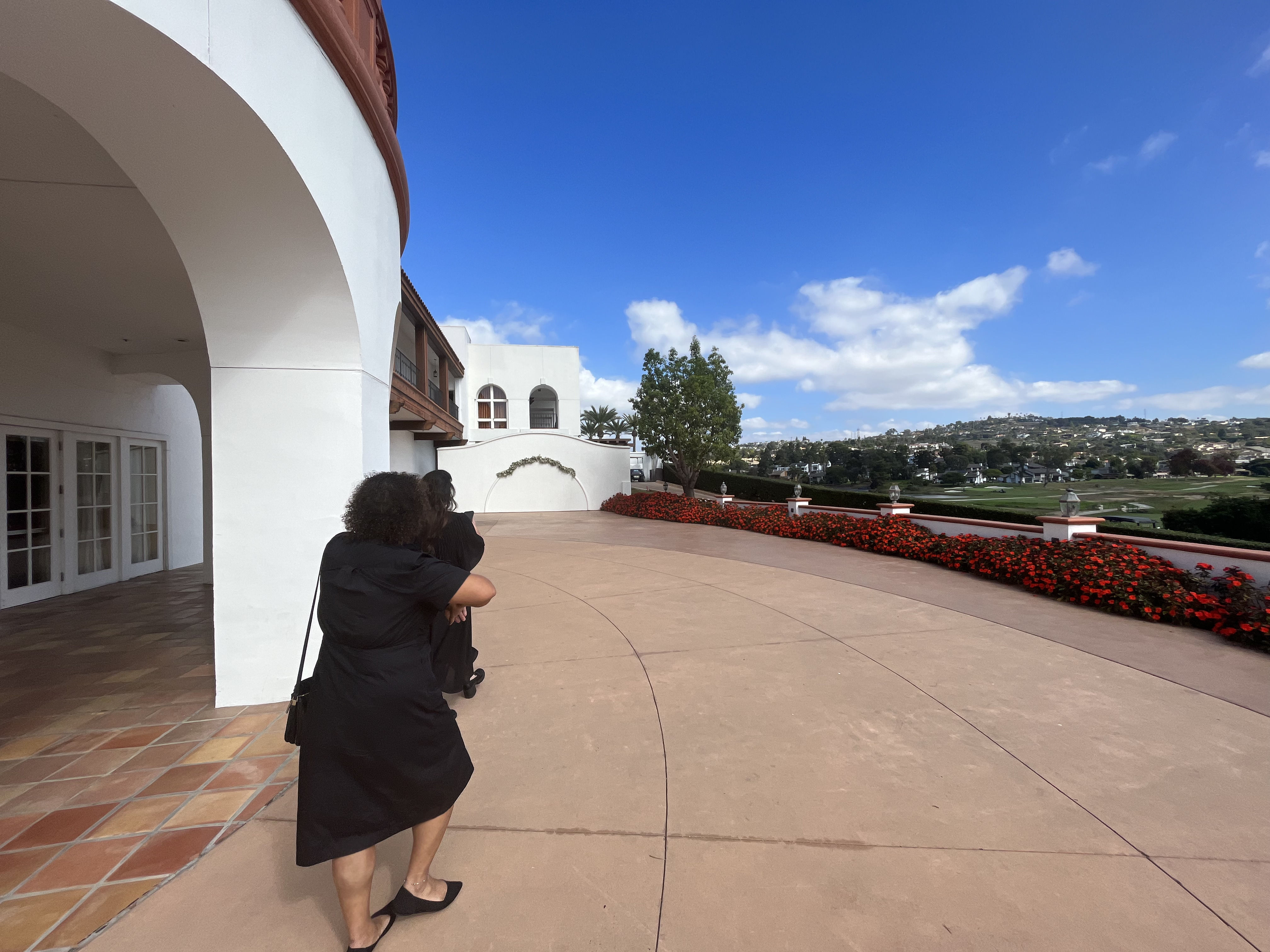
When researching venues we conduct site inspections/visits which include in-person reviews and evaluations of a location. From here we can get a better sense of the capabilities of a space. Where is the loading dock (area on premises where goods are received, located in relation to the space used)? How much space is there in the back of house (BOH) (area behind the scenes from guests)? Are there available air walls (a moveable, track-mounted barrier that partitions a large area such as a ballroom into smaller sections)? Is the space ADA compliant therefore accessible to the disabled? Is there room for pipe and drape (lightweight aluminum tubing and drapery used to separate exhibit booths/stands staging areas)? Are there any rigging points (locations to attach cable from the ceiling for heavy décor and entertainment options)? In terms of lighting, can we place uplighting (lights placed from the ground up) or backlighting (light sources illuminating any translucent material from behind)?
In terms of meeting management requirements, how large are the breakout rooms (rooms set up for a group within an event)? Have keynote sessions (meetings designed to bring everyone together with keynote speakers) been considered? Other components include engaging breakout sessions, (small group sessions, panels, workshops, presentations) and innovative general sessions (a meeting open to all those in attendance at an event.) Depending on specific programs, clients may request a green room (a private space stocked with refreshments for featured speakers and entourage to prepare, or request) or other personal space.
Other event styles CSI regularly helps create include expositions, which are synonymous with exhibitions, and tradeshows, which are exhibitions of products/services held for members of common or related industries and not open to the general public.
VENDOR PARTNERS
You’ll need to find vendor partners to help with each element of the event. We use various vendors such as caterers, décor providers, and entertainment providers to bring events to life.
When providing food, we need to know what the food and beverage (F&B) minimums are (lowest amount that can be spent) for an event. We will also want to know the set up/tear down time it takes for a specific service to be assembled as well as disassembled, such as a customized dancefloor. We also ask vendors about the load in/out time it takes for them to unload equipment onto the loading dock.
THE BIG REVEAL
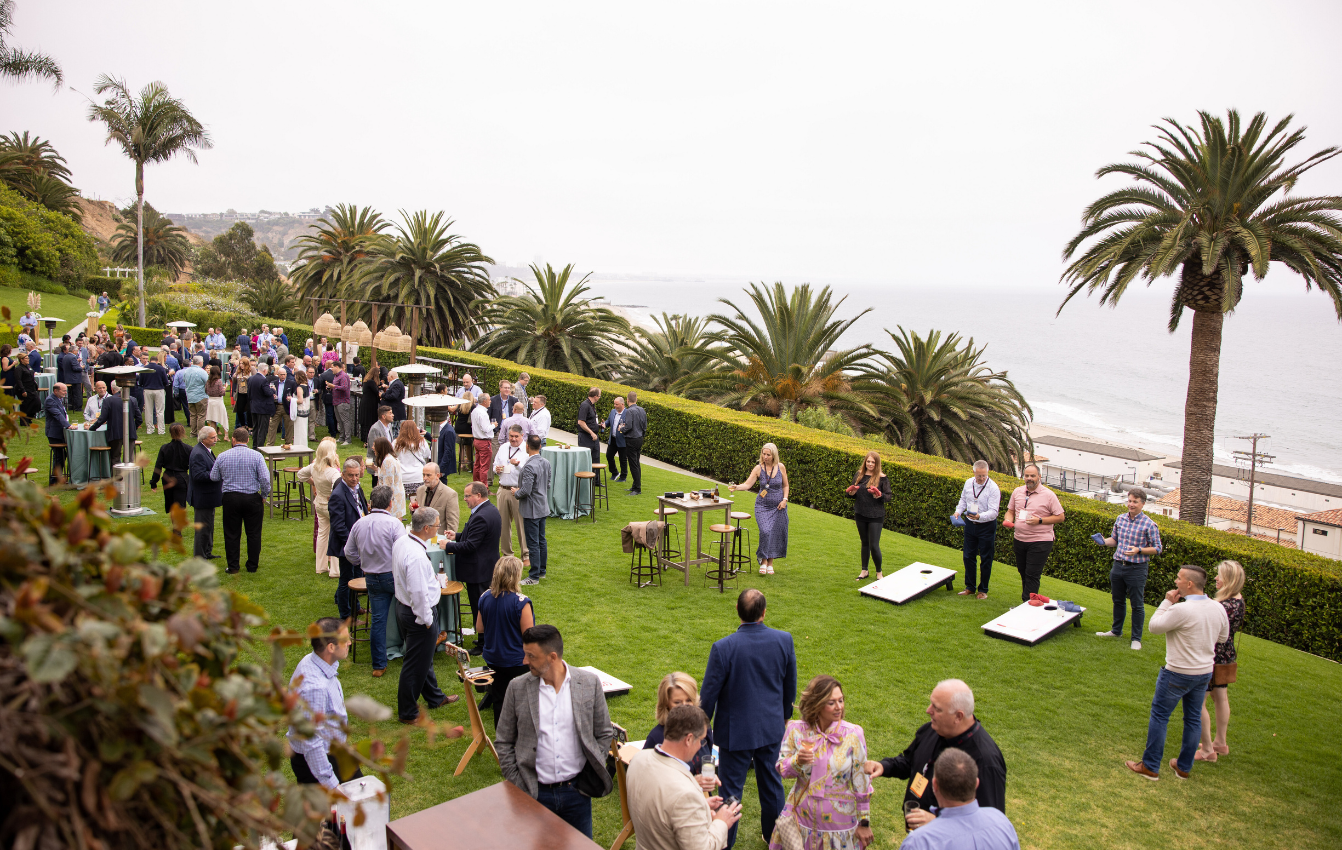
A few days before the event we will do a walkthrough with the client to review all the event details in the space to ensure your event is nothing short of excitement and beauty! Now that we’ve completed this brief rundown of important industry terms, we hope you feel ready to tackle your next program with greater confidence and knowledge using the appropriate terms wherever necessary!
For an extensive glossary please visit this link. This guide will help you feel more comfortable and communicate more clearly through every stage of the planning process, creating a significant impact on the quality of your next program.


